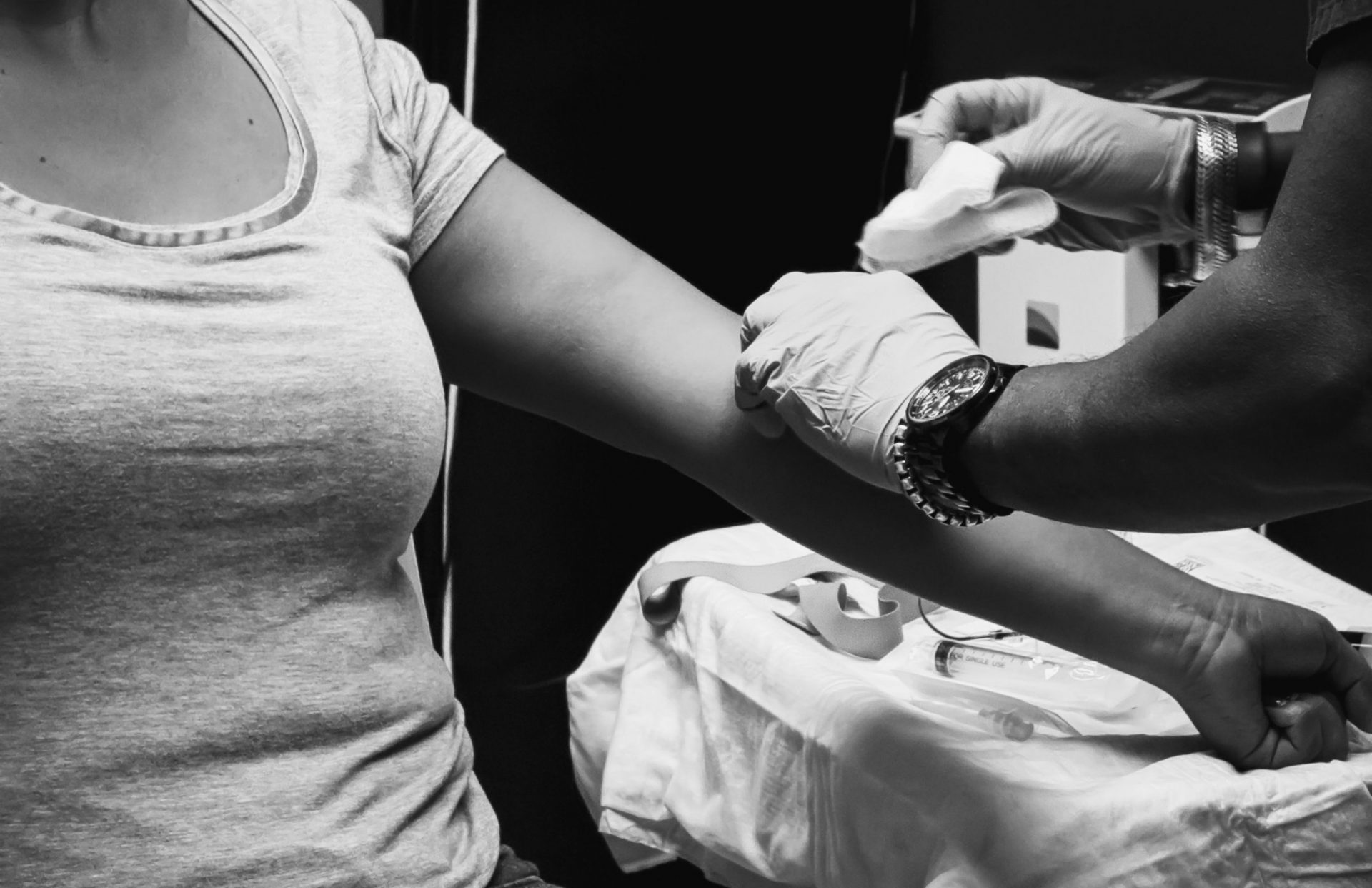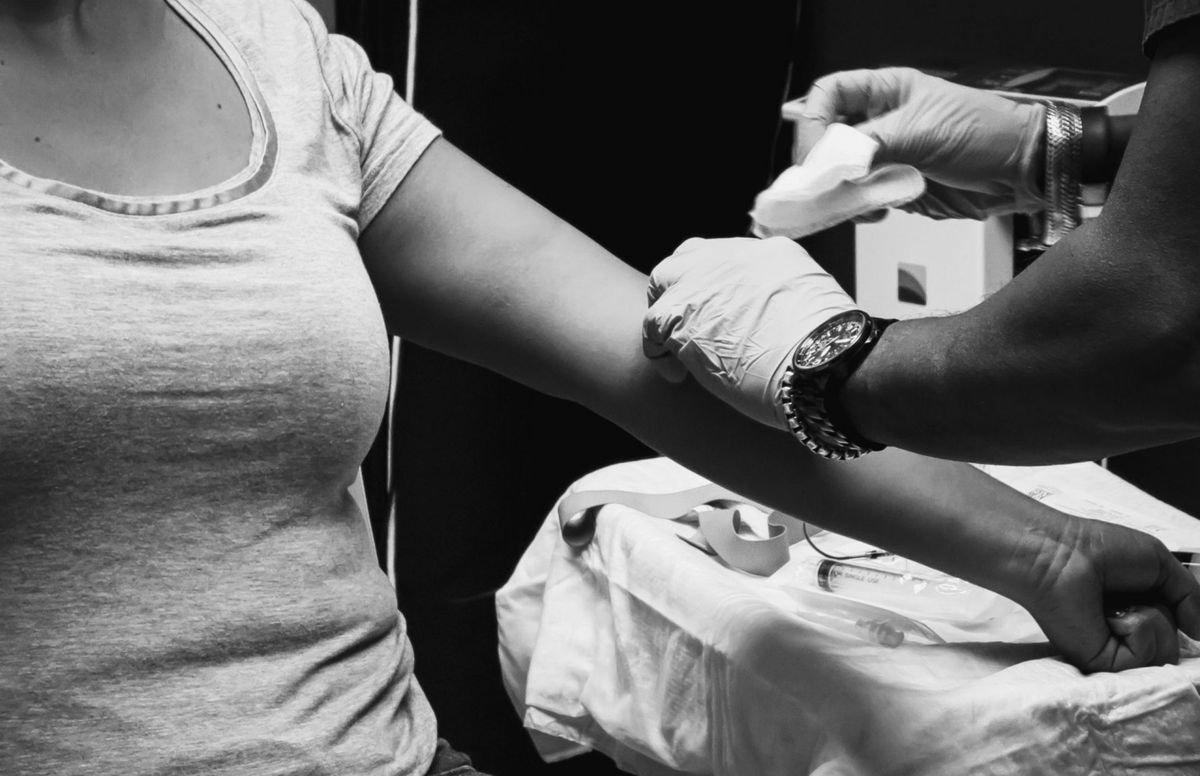
Summary
Plasma is a hot topic. The liquid component of blood is vital for many health treatments, particularly for rare diseases. Now, COVID-19 has caused shortages, making donors shy away while demand surges on plasma’s potential as a coronavirus treatment. Europe was already heavily dependent on imports, particularly from the United States. As the European Union revises its Blood Directive, there are calls for a rethink of how plasma is regulated to overcome differences among member states, generate public-private synergies and guarantee supply chains that protect patients and donors.
“We are at a crossroads because the COVID crisis clearly pointed out that we have too little Europe in healthcare,” (20:09) said Katalin Cseh, Member of the European Parliament Committee on Industry, Research and Energy (ITRE), “We see the problems of coordination; the problems of over-reliance on external actors; the problems that come with health inequalities within our communities. And I can hope that in the coming months we will do whatever we can to fix it.”
Cseh was joined by contributors from the European Commission, patients’ organisations, industry and non-profit blood establishments for the hour-long Friends of Europe online debate.
More plasma for Europe, more Europe for plasma
In Europe, more than 300,000 chronic-disease patients depend on plasma, often for life-saving treatments. But Europe does not produce enough. More than 35% of its supply comes from the United States. COVID-19 has highlighted the fragility of supply chains, triggering appeals for a more joined-up EU approach to replace the mosaic of national policies governing plasma collection and distribution.
“It is important … to reduce our dependence, especially from the US, because we see now how the market can be fragile, we see shortages of plasma products,” (9:44) said Andrzej Rys, Director for Health Systems, Medical Products and Innovation at the European Commission Directorate-General for Health and Food Safety. “We should reduce the fragility of the European system, but how do we do it? There are many complex processes, but also steps that we should take together.”
14:46 Patients are anxious, there are fears that life-preserving treatments could be phased out. (Martine Pergent, Chair of the International Patient Organisation for Primary Immunodeficiencies)
17:31 Overconcentration of plasma production in a handful of countries weakens supply chains and endangers patients everywhere; Europe must avoid waste of plasma which still happens. (Pergent)
21:34 The best thing Europe can do is have more harmonisation and coordination, with better guidelines and more resources for health and research to make Europe a world leader. (Cseh)
41:26 To minimise the risk for patients, politicians should agree plasma is a strategic good; we are too dependent on imports from the United States. (Paul Strengers, Medical Director of the Division of Plasma Products at the International Plasma and Fractionation Association)
50:50 We need new technology to solve the dependency on plasma products, through investment in research for alternative or more effective treatments for patients dependent on plasma and plasma-derived medicines. (Cees Smit, Patient Expert at the Haemophilia Group)
52:48 The Commission expects the update of the EU blood products directive to be completed in 2021; it should produce a better regulation based on facts and science, and through consultation with stakeholders. (Rys)
To pay or not to pay?
There was broad agreement plasma should be treated as a ‘strategic product’, but the debate revealed differences over whether Europe should move closer to the US system of remunerated plasma donations. That option is currently only allowed in Austria, the Czech Republic, Germany and Hungary. While some argued payment is the way to prevent shortages, others raised ethical and donor-safety concerns if plasma donation becomes a business transaction.
“Blood and plasma must be considered a public service, not a market-based one; this designation protects the EU domestic blood and plasma chain. Plasma should not be considered a good in the internal market sense,” (28:18) said Catherine Hartmann, Executive Director of the European Blood Alliance (EBA). “Not-for-profit blood establishments are fully committed to increasing their plasma collection without paying their donors and have measures in place to achieve this goal on donor recruitment and retention.” (29:31)
27:46 An increase in donations to meet demand should be achieved by generating a higher donor base rather than increasing donations per donor as is common in a remuneration system. (Hartmann)
31:30 Plasma products should be regulated on public health rather than internal market legal basis; EU legislation should be updated and aligned so blood and plasma products are regulated consistently. (Hartmann)
36:03 Public sector monopolies are a barrier to increased plasma collection in many states; that needs to be changed and the European Commission can play a leadership role. (Maarten Van Baelen, Executive Director Europe at the Plasma Protein Therapeutics Association)
37:29 Remunerated collection can overcome dependence on imports so that the supply chain is protected, and the non-profit and private sector can meet growing demand while assuring the well-being of donors. Plasma collections are three-times higher per capita in countries where the private sector operates (Van Baelen)
39:39 Lawmakers should side with plasma being classified as a public good, while incentivising the involvement of business in production. (Cseh)
42:22 Plasma should be treated as a public good, to distinguish it from other medicines. (Strengers)
45:48 Remunerated plasma donation does not lead to ‘crowding out’ of free blood donation. (Van Baelen)
47:34 Paid plasma donation with high-profile marketing has a negative impact on the image of blood donation. (Hartmann)
What Should Europe Do?
All the speakers had clear ideas of what they would like to see from Europe in order to recognise the importance of plasma, improve the regulatory framework governing its collection and use, and guarantee security of supply.
“We all agree that plasma is a strategic resource and that should lead us to overcome the usual debates, think out of the box,” (1:00:32) said Pergent. “There is a need for patient-centred policymaking on PDMPs (Plasma-derived Medicinal Products).”
1:01:55 Europe should recognise plasma as a strategic service and protect it as such; we need to bear in mind donor health. (Hartmann)
59:56 We need to find the European denominator, that balances the approach of different member states, public and private operators, protects donors and patients, and guarantees supply chains. (Rys)
1:01:19 We need more Europe to reduce inequalities in health, to meet the needs of patients, and make sure that everybody has the same access to plasma and treatments. (Cseh)
1:02:26 Plasma should be recognised as a strategic resource; promote co-existence between the private and public sector in collecting plasma. (Van Baelen)
About
Plasma, the liquid component of blood, contains more than 700 proteins and other substances that are vital for the functioning of the human body. It is widely used for a growing range of health treatments, particularly for rare diseases. Europe is already heavily dependent on imported plasma. COVID-19 has further exacerbated the situation, with fewer donors and rising demand for plasma transfusions from recovered COVID patients. The EU has two opportunities to rethink the approach to plasma, the pharmaceutical strategy and the revision of the Blood Products Directive.
- Is plasma adequately addressed in plans to improve resilience of healthcare systems in Europe?
- If we don’t want to rely on imported plasma, how do we build a more sustainable supply chain in Europe?
- How could the Blood Products Directive incentivise more plasma donations?
Our events include photos, audio and video recording that we might use for promotional purposes. By registering, you give your permission to use your image. Should you have any questions, please contact us.
PHOTO Credit: Unsplash/Creators collective
Schedule
Plasma, the liquid component of blood, contains more than 700 proteins and other substances that are vital for the functioning of the human body. It is widely used for a growing range of health treatments, particularly for rare diseases. Europe is already heavily dependent on imported plasma. COVID-19 has further exacerbated the situation, with fewer donors and rising demand for plasma transfusions from recovered COVID patients. The EU has two opportunities to rethink the approach to plasma, the pharmaceutical strategy and the revision of the Blood Products Directive.
- Is plasma adequately addressed in plans to improve resilience of healthcare systems in Europe?
- If we don’t want to rely on imported plasma, how do we build a more sustainable supply chain in Europe?
- How could the Blood Products Directive incentivise more plasma donations?
speaker
Katalin Cseh
Member of the European Parliament Committee on Industry, Research and Energy (ITRE)
Catherine Hartmann
Executive Director, The European Blood Alliance (EBA)
Martine Pergent
Chair of the International Patient Organisation for Primary Immunodeficiencies (IPOPI)
Andrzej Ryś
Principal Scientific Adviser at the European Commission Directorate General for Health and Food Safety (DG SANTE)
Maarten Van Baelen
Executive Director Europe at Plasma Protein Therapeutics Association (PPTA)
Moderator
Tamsin Rose
Facilitator
Speakers

Member of the European Parliament Committee on Industry, Research and Energy (ITRE)
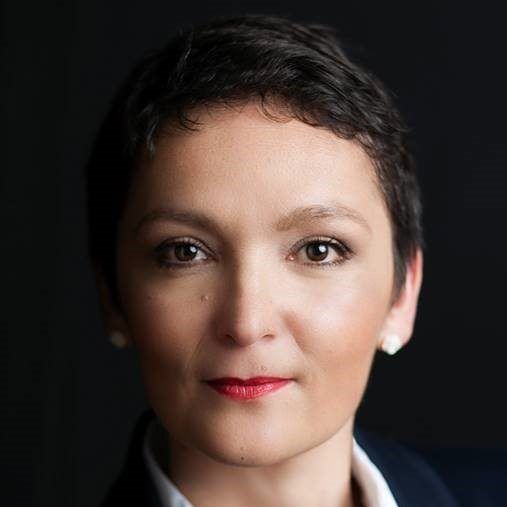
Executive Director, The European Blood Alliance (EBA)
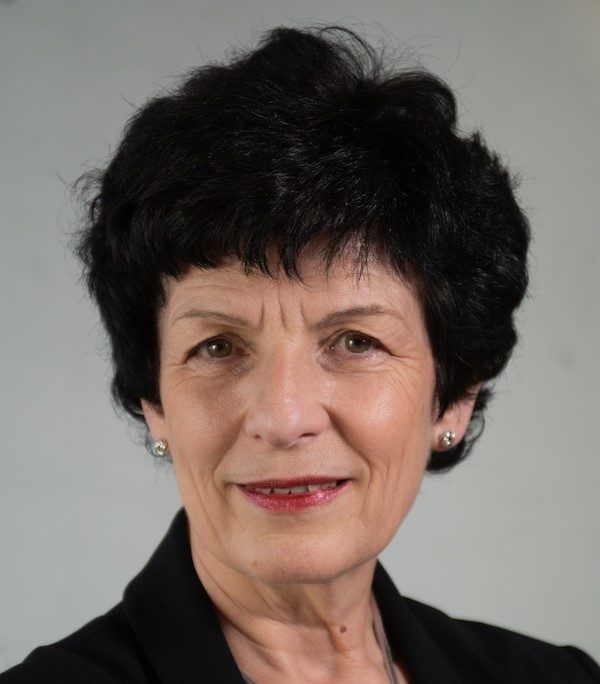
Chair of the International Patient Organisation for Primary Immunodeficiencies (IPOPI)
Martine Pergent has considerable experience in Patient advocacy. As well as her position as Chair of the IPOPI, her involvement within the primary immunodeficiency disease patient community extends also to French Patient Organisation for Primary Immunodeficiency, which she co-founded in 1998. Pergent firmly believes that enabling patients to voice their experiences and needs would contribute to improving health systems, and that they should be included in the health community to the same level as healthcare professionals, decision makers and pharmaceutical companies.

Facilitator
Tamsin Rose is a facilitator who was until recently a senior fellow for health at Friends of Europe. Having studied international relations, she has 25 years of experience working across the European continent from Ireland to Mongolia. A natural communicator, Tamsin has been a radio reporter, worked on press for the EU Delegation in Moscow and is currently a member of the external speaker team for the European Commission Directorate-General for Communication, describing how the EU works and key policies to visitor groups from around the world. Since 2002, she has specialised in public health and public participation issues, serving as the Secretary General of the European Public Health Alliance (EPHA), and providing strategic advice for health groups on how to engage successfully with the EU.
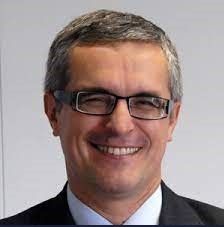
Principal Scientific Adviser at the European Commission Directorate General for Health and Food Safety (DG SANTE)
Andrzej Rys has held several key positions in local and national health institutions, notably serving as the Director of the Health Department of the City of Kraków, President of the Polish Public Health Foundation and Polish Deputy Minister for Health, a role which put him on the negotiation team for Poland’s accession to the EU. He later founded and led the School of Public Health and the Centre for Innovation Technology Transfer at Jagiellonian University. In 2006, Rys joined the European Commission as the Director for Public Health and Risk Assessment and was later appointed Director for Health Systems, Medical Products and Innovation at the Directorate-General for Health and Food Safety, where he works on improving EU healthcare systems for citizens.
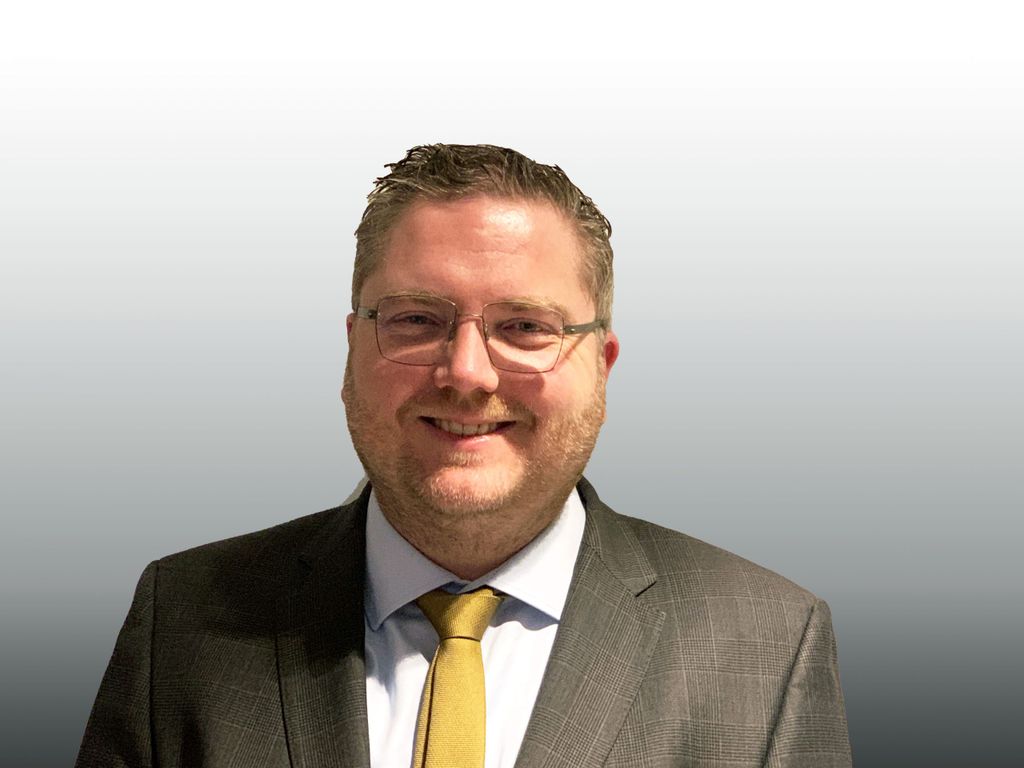
Executive Director Europe at Plasma Protein Therapeutics Association (PPTA)
Maarten Van Baelen has considerable experience in the life sciences arena. In addition to advocating for access to generic, biosimilar and value-added medicines, he has represented the pharmaceutical sector’s interest in public forums, strategic policy development, and advocacy on key issues with the European Commission, National Competent Authorities, and other stakeholders. In his current position, Van Baelen is the senior point of contact for the plasma protein therapeutics industry. He is responsible for the management of health policy-related issues at the European and national levels, including programs and activities in support of PPTA’s global goals and objectives.
Partners
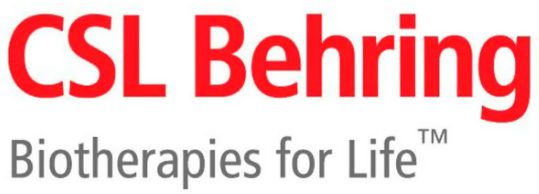
Activities
Europe's moment: advancing clinical research and health innovation
Next event In person & online

- Area of Expertise
- Sustainable Livelihoods
Re-imagining Europe's health systems
Past event In person & livestreamed
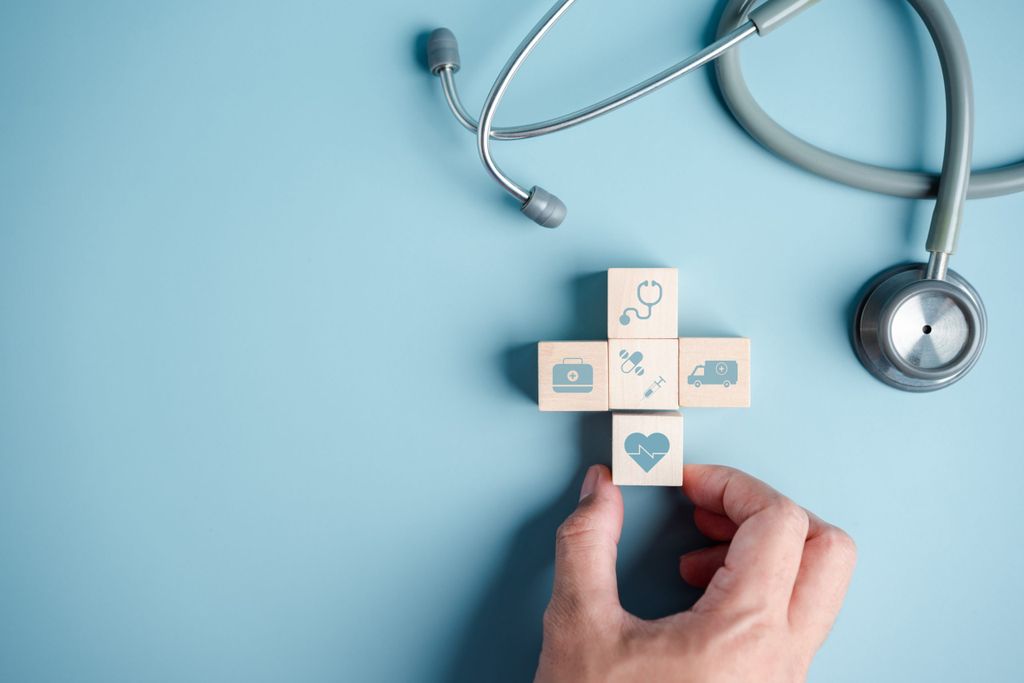
- Area of Expertise
- Sustainable Livelihoods
Health check for a competitive medical technology sector in Europe
Past event In person

- Area of Expertise
- Sustainable Livelihoods
Healthy ageing for Europe's future: the value of adult immunisation
Past event In person & livestreamed
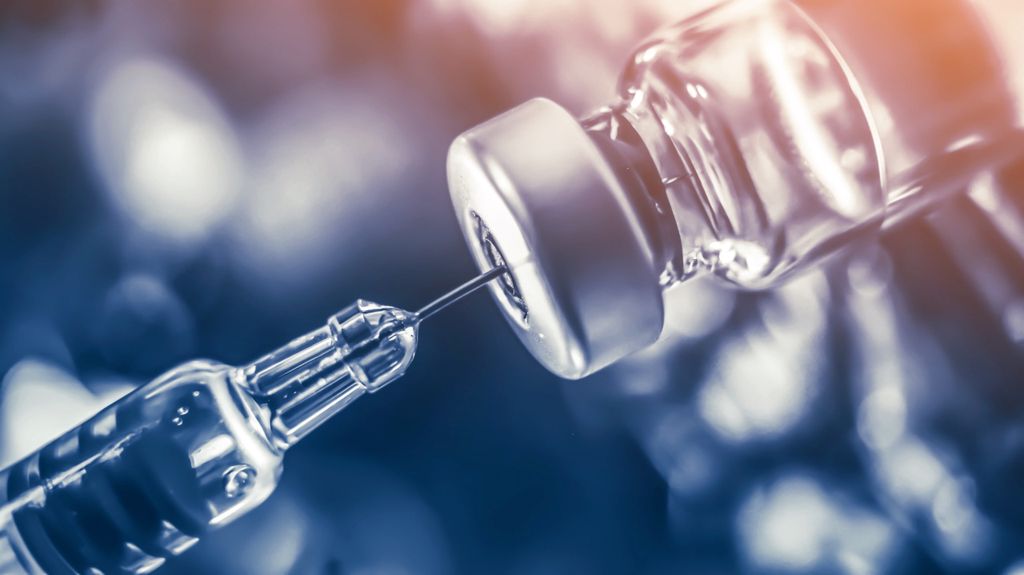
- Area of Expertise
- Sustainable Livelihoods
Policy Voices | Re-imagining Europe’s health systems
- Category
- Podcast
- Area of Expertise
- Sustainable Livelihoods
Financing the green and just transition: towards further partnerships…
- Category
- #CriticalThinking
- Author
- By Sebastián Nieto-Parra
Reclaiming medicines and health innovation for our health
- Category
- #CriticalThinking
- Author
- By Els Torreele
Hidden biases in public health research: why we are failing our most…
- Category
- #CriticalThinking
- Author
- By Marthe De Boevre

- Area of Expertise
- Sustainable Livelihoods
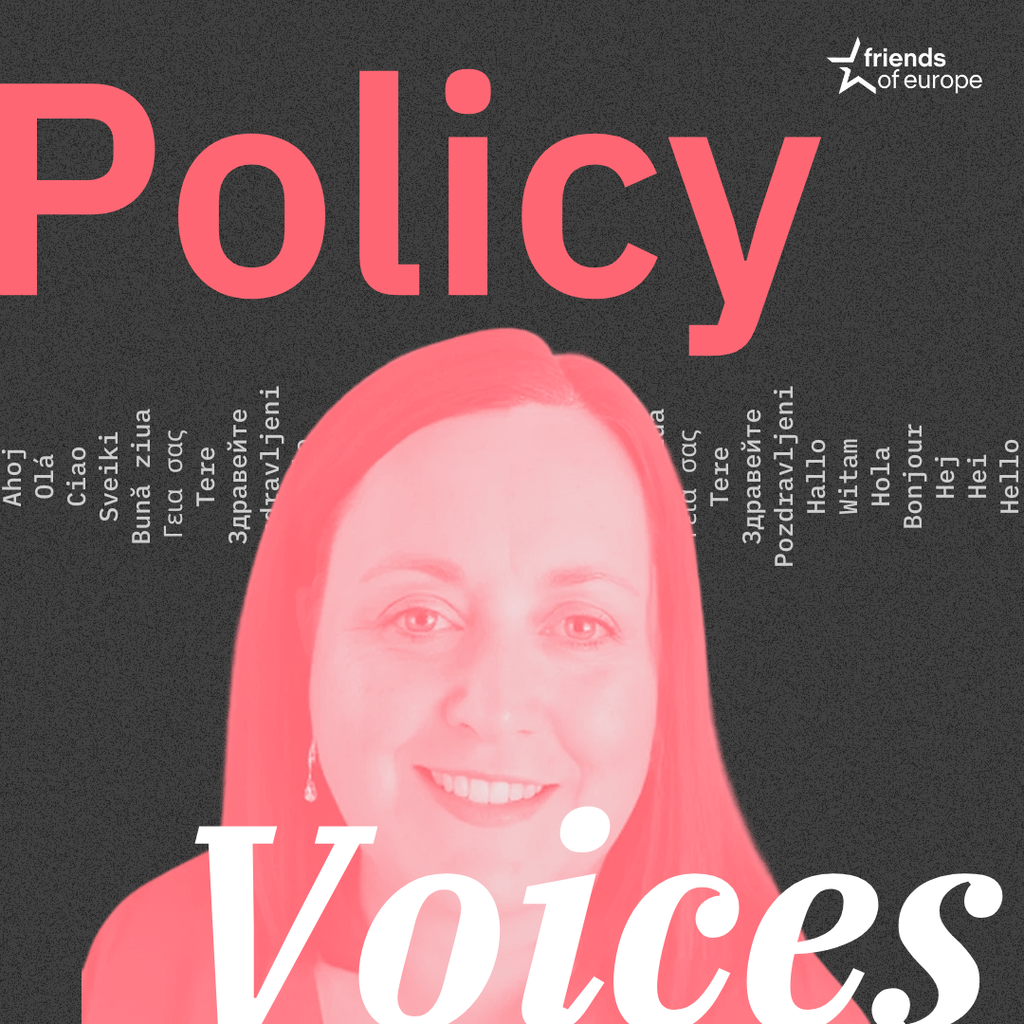
- Area of Expertise
- Sustainable Livelihoods

- Area of Expertise
- Sustainable Livelihoods
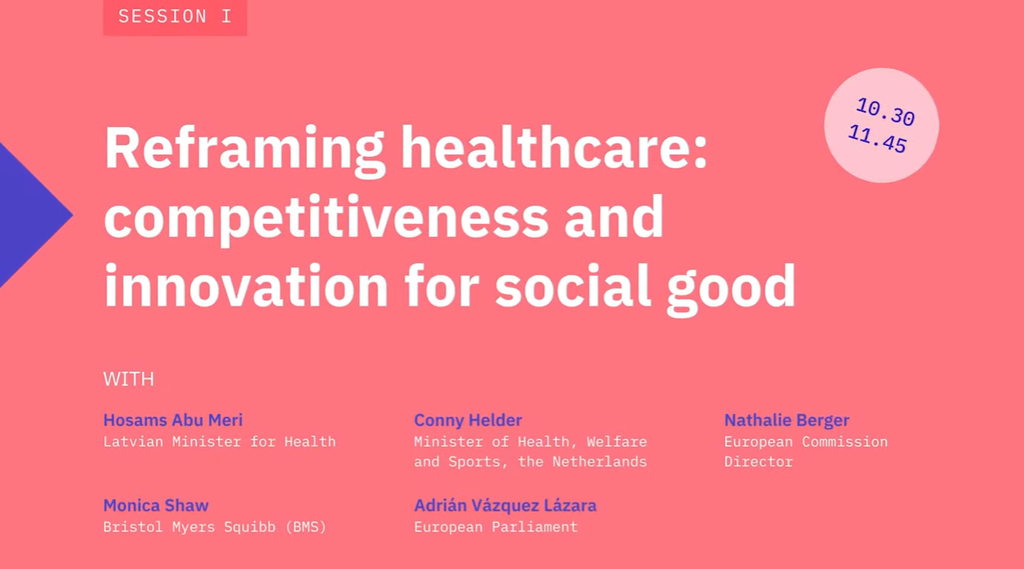
- Area of Expertise
- Sustainable Livelihoods
Continue
the debate on
- Debating Europe
